Your search 'Patination pigments' did not match any products.
Showing results using some of your search terms 'Patination pigments'
Search results for 'pigments'
-
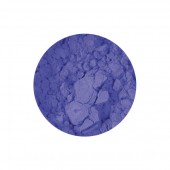
Smalt Light Pigment
Starting at: £5.20
-
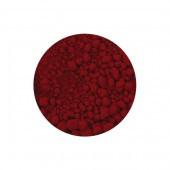
Carmine Red Genuine Pigment
Starting at: £10.00
-
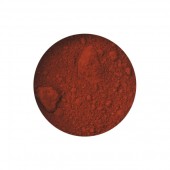
Translucent Orange Oxide Pigment
Starting at: £9.40
-
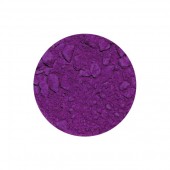
Cobalt Violet Dark Pigment
Starting at: £14.00
-
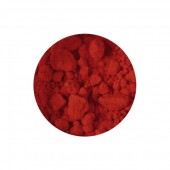
Cadmium Red Pigment
Starting at: £8.40
-
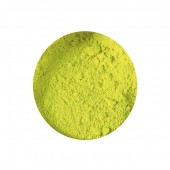
Cadmium Yellow Lemon Pigment
Starting at: £4.50
-
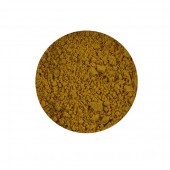
Stil de Grain
Starting at: £12.20
-
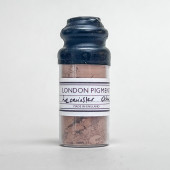
London Pigment, Leominster Ochre Pigment
£18.00 -
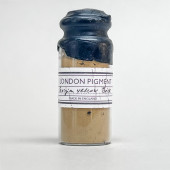
London Pigment, Georgian Yellow Brick Pigment
£18.00 -
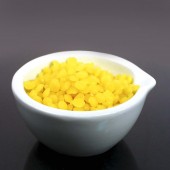
Natural Beeswax
Starting at: £11.20
-
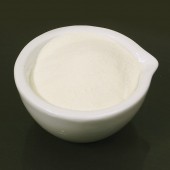
Casein Lactic
Starting at: £17.80
-

Bleached Beeswax
Starting at: £12.30
-
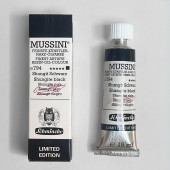
Schmincke Mussini Shungite Black Limited Edition 15 ml
£26.00 -
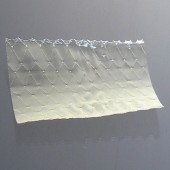
Gelatine Leaf
Starting at: £5.30
-
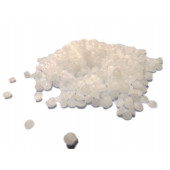
Microcrystalline Wax
Starting at: £8.50
-
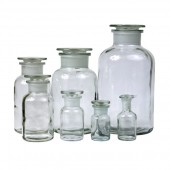
Reagent Jar
Starting at: £6.50
-

Dragon's Blood Powder
Starting at: £28.10
-
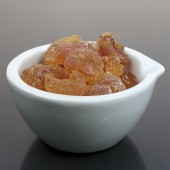
Gum Arabic
Starting at: £6.30
-
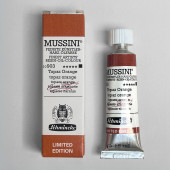
Schmincke Mussini Topaz Orange Limited Edition 15 ml
£26.00 -
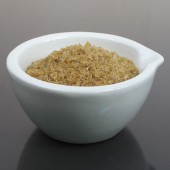
Rabbit Skin Glue
Starting at: £13.00
-
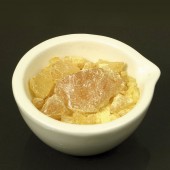
Colophony
Starting at: £7.30
-
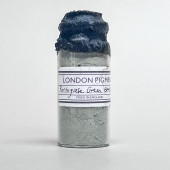
London Pigment, Portuguese Green Earth Pigment
£20.00 -
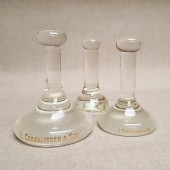
Cornelissen Glass Mullers
Starting at: £24.50
-
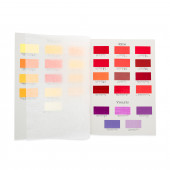
Cornelissen Pigment Colour Chart
£40.00 -
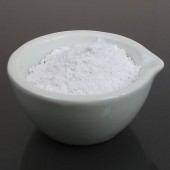
Precipitate Chalk
Starting at: £6.30
-
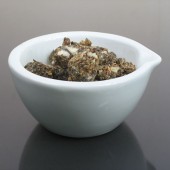
Gum Benzoin
Starting at: £14.70
-
![Roberson Glass muller, medium (7 cm) and small (5 cm) [without logo]](https://www.cornelissen.com/media/catalog/product/cache/1/small_image/170x/9df78eab33525d08d6e5fb8d27136e95/i/m/img-6584.jpg)
Roberson Glass Mullers
Starting at: £25.00
-
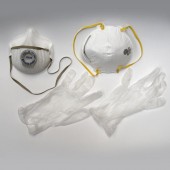
Disposable Vinyl Gloves
Starting at: £0.70
-
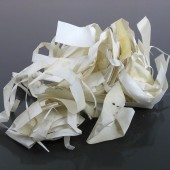
Parchment Clippings
Starting at: £9.90
-
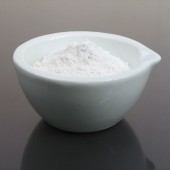
Plaster of Paris
Starting at: £6.00





